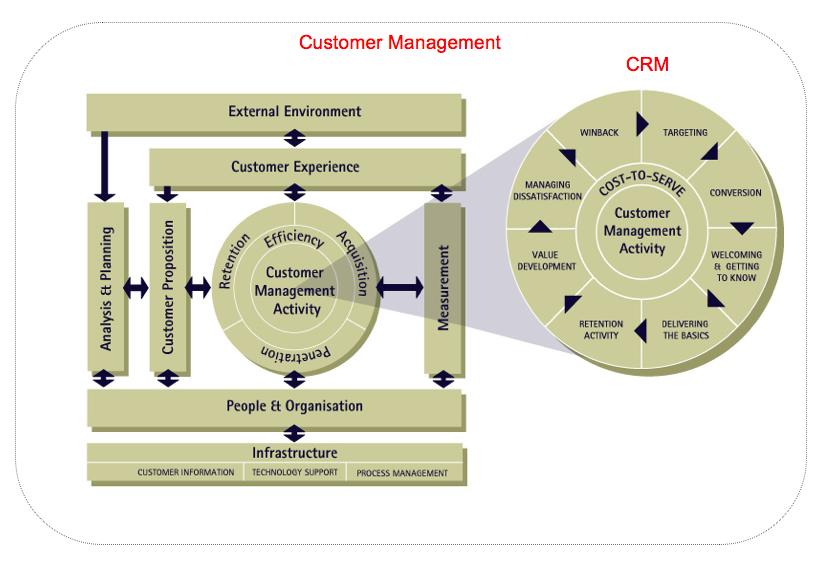That’s Good, Now We Can Get Started With CRM….Meet VRM
This post by Paul Greenberg is the first i’ve read on ‘Social CRM’, and it looks like I came across it at the right time – Paul has drawn a line on what has clearly been a long debate, and set out a detailed definition and description of Social CRM that he will run with. Other than being an excellent summary of what Social CRM is/ is not; the timing works for me, because I think it’s time we in the VRM dialogue start to be more engaged on the mechanics of VRM and how it engages with CRM, rather than the theory of what a VRM world will look like. I say that because it now seems to me, that in UK at least, VRM is a mainstream business/ political discussion – and regarded as a ‘when’ rather than an ‘if’.
First, to Paul’s definition – so that we are clear what VRM is engaging with. His definition is below.
“CRM is a philosophy & a business strategy, supported by a technology platform, business rules, workflow, processes & social characteristics, designed to engage the customer in a collaborative conversation in order to provide mutually beneficial value in a trusted & transparent business environment. It’s the company’s response to the customer’s ownership of the conversation.”
I’m fine with that definition, but will also set out my own context of where ‘CRM’ (social or otherwise) sits in the wider business eco-system – because that will shape my views as to how VRM will engage. The model below was first developed in 1997 by QCi (since acquired by Ogilvy) and was designed to help clients engage with Customer Management/ Customer Relationship Management – which was then an emerging hot topic. This model has now been used over 900 times in organisations worldwide to assess their customer management capabilities. This model is underpinned by 240 best practices – which have been updated 5 times over the period between ’97 and now – to reflect that best practice is necessarily an evolving beast. So, the model is a good start point – not perfect, and there are others out there, but this is the one i’m working with.
Critically – in this model – Customer Relationship Management is central to Customer Management, but the latter is a wider set of capabilities. Practically speaking, one can ‘buy/ deploy/ build’ CRM’, but that then has to be seen in the context of the wider business system that is customer management. CRM is optional, Customer Management is not (unless you don’t have any customers….). A perfectly valid assertion from a Customer Management standpoint, in some sectors (e.g. FMCG) could be ‘we don’t want a relationship with our customers, and they don’t want one with us’ – we make stuff, they buy it.
I won’t dwell further on this model, other than to say i’ll keep referring back to it in discussions around how VRM applications, tools, processes engage with organisations.
So – we now understand what CRM is, where it fits in an organisation, and that in its most recent evolution ‘the customer owns the conversation’. Given that, what will VRM do over and above that? My contention is that via VRM tools/ applications/ services:
– the customer will own (and share) some, not all the data; but that provided by the customer will transform huge chunks of CRM and Customer Management over time.
– big chunks of traditional data mining will go away, to be replaced with more value adding data services emerging.
– much improved data privacy will be a spin-off benefit
– the customer will be the initiator of the majority of CRM processes, and that organisations will becomes much better listeners than they are broadcasters.
– the net effect will be the elimination of much guesswork in the pre-transaction component of the customer journey, and much waste from the post-transaction component. This guess work and waste elimination will lead to overall cost reduction, some of which will be shared with the customer who has ‘co-eliminated*’ it.
In practical terms, VRM will bring new individual-driven data to the market, and will propose new processes that organisations who wish to become VRM-enabled should engage with. Contractual terms for accessing these data/ processes will also be part of the mix. I’ll build on what I mean by that over the next few weeks.
* I’m not sure there is such a word, but it seems a nice counter-point to co-creation.

